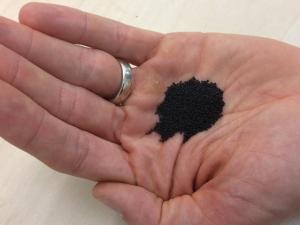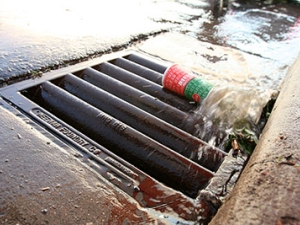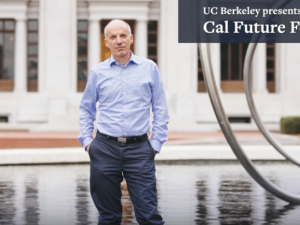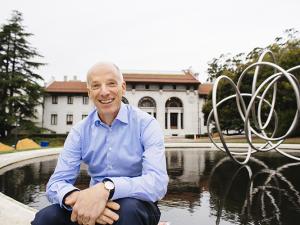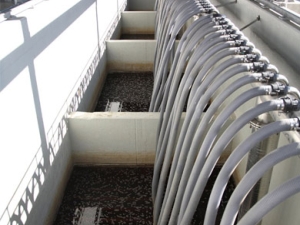Research Bio
David Sedlak is a Vice Chair for Graduate Studies and Professor of Environmental Engineering at UC Berkeley. Sedlak’s research focuses on the fate of chemical contaminants, with the long-term goal of developing cost-effective, safe, and sustainable systems to manage water resources. He is particularly interested in the development of local sources of water. Sedlak’s research has addressed water reuse--the practice of using municipal wastewater effluent to sustain aquatic ecosystems and augment drinking water supplies--as well as the treatment and use of urban runoff to contaminated groundwater from contaminated industrial sites as water supplies. Sedlak also received the Fulbright Specialist Award for New Zealand in 2019 and was elected to the National Academy of Engineering in 2016, one of the highest honors given to an engineer, among other notable achievements.
In addition to his laboratory and field research, Sedlak is interested in developing new approaches for managing the urban water cycle. He pursues these efforts through research coordinated through the National Science Foundation's Engineering Research Center for Reinventing the Nation's Urban Water Infrastructure (ReNUWIt), the Berkeley Water Center, and the National Alliance for Water Innovation. Sedlak is also the author of "Water 4.0", a book that examines the ways we can gain insight into current water issues by analyzing the history of urban water systems.
See Sedlak's full list of Publications, Awards, Students, and Teaching information.
Research Expertise and Interest
fate and transport of and transformation of chemicals in the aquatic environment, water reuse and water recycling, urban water infrastructure, engineered treatment wetlands
In the News
Sustainable sand gives pollution a one-two punch
Engineered sand zaps storm water pollutants
Climate video series: ‘stillsuits’ for cities
On California, the drought and the ‘yuck factor’
Hazards and opportunities in the pipeline
Environmental engineer David Sedlak explores the serious water treatment, supply and security challenges we face, and proposes how to meet them.
Time is now for a new revolution in urban water systems
As California grapples with what state water officials have called a drought of “epic proportions,” UC Berkeley urban-water expert David Sedlak has been watching for signs that people are ready for a water revolution.
New NSF center tackles urban water infrastructure
The NSF has announced a five-year, $18.5 million grant to fund a new Engineering Research Center (ERC) to re-invent the country’s urban water infrastructure, which is seeing increasing challenges from age, population growth and the effects of climate change. The new center will be led by Stanford University in partnership with UC Berkeley, Colorado School of Mines and New Mexico State University.

